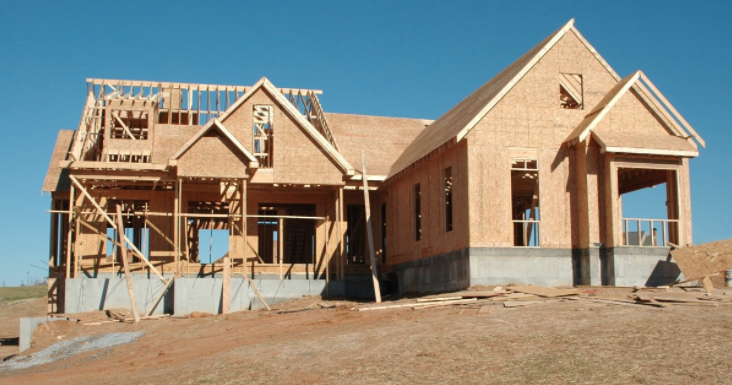PART 2
This article follows Lindley Law’s blog post on implied warranties in construction contracts. While the previous article focused on warranties protecting the purchaser, this article will focus on warranties protecting the general contractor and subcontractors.
The Implied Warranties Protecting General Contractors and Subcontractors
- The Implied Warranty of Suitability of Plans and Specifications. In nearly all construction projects, someone other than the general contractor creates the plans and specifications for a construction project. This warranty assures the general contractor that the plans and specifications were created in accordance with a reasonable standard of care and are essentially free of design errors. The Smiths hire Not So Great Architects, PC to design the specifications for their home. Not So Great Architects in turn provides the completed specifications for Reputable Construction to begin work. Reputable Construction follows the specifications exactly, but the home has significant architectural defects because the specifications ignored important architectural principles. This warranty will likely shield Reputable Construction from liability.
- The Implied Warranty Not to Delay or Hinder. This warranty protects the general contractor from the owner, but also applies “down-the-line” to protect subcontractors from the general contractor. It assures that the owner will not unnecessarily delay or hinder the general contractor’s work. It also assures that the general contractor will not unnecessarily delay or hinder the work of its subcontractors. Assume the contract between the Smiths and Reputable Construction includes a clause entitling Reputable Construction to a $25,000 bonus if they complete construction in 120 days. The Smiths, motivated by their desire to avoid paying the bonus, delay Reputable Construction by intentionally missing meetings and unnecessarily changing orders for parts and materials at the last minute. This warranty will protect Reputable Construction, and possibly enable them to recover the bonus if they can prove that these delays caused Reputable Construction to miss the 120-day deadline. With slightly different facts, Reputable Construction may be on the hook for damages. Assume Reputable Construction hires Punctual Masonry, LLC to perform the masonry work for a swimming pool at the Smiths’ home, and the subcontract with Punctual Masonry enables Reputable Construction to hold back 10 percent of the subcontract price upon default by Punctual Masonry. Assume further that the subcontract defines default to include Punctual Masonry failing to complete its work within 20 days. If Punctual Masonry fails to meet its deadline because Reputable Construction interferes with the supplier providing Punctual Masonry with its materials, Reputable Construction may be liable for damages, and Punctual Masonry may be entitled to the remaining 10 percent of the subcontract price despite missing the deadline.
As discussed in last week’s blog post, the type of alleged wrongful conduct and the type of harm caused thereby will determine which statute of limitations applies to the claim.
If you have questions regarding a construction dispute, please call us at (704) 457-1010 to schedule a consultation. For more information regarding our firm, attorneys, and practice areas, please visit https://lindleylawoffice.com/.





